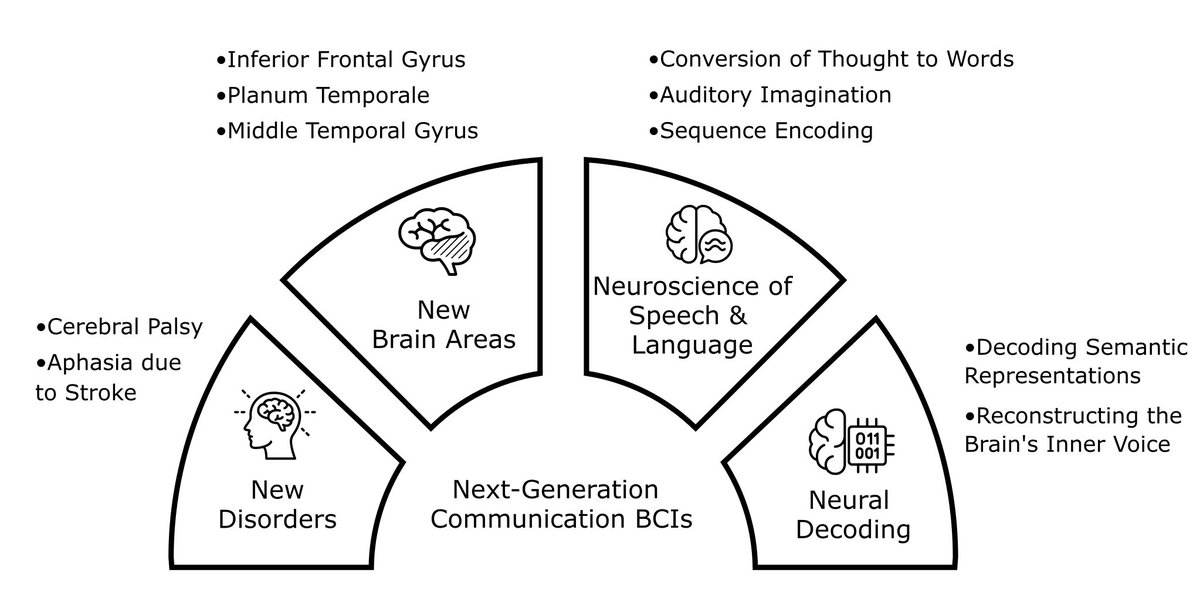
Frank Willett
@WillettNeuro
Assistant Professor at Stanford. We study brain-computer interfaces and human neuroscience.
Build the next generation of communication BCIs with us—now hiring a new postdoc! Application here: docs.google.com/forms/d/1IWbGv…

We're excited to announce the Brain-to-Text '25 competition, with a new intracortical speech neuroscience dataset and $9,000 in prizes generously provided by @BlackrockNeuro_!. Can you do better than us at decoding speech-related neural activity into text? kaggle.com/competitions/b…
Our brain-to-voice synthesis brain-computer interface paper was published in @Nature today! This neuroprosthesis synthesized the voice of a man with ALS instantaneously, enabling him to ‘speak’ flexibly and modulate the prosody of his BCI-voice. 1/7 Paper: rdcu.be/eqH3C
Excited to share our new report on lessons learned from the Brain-to-Text '24 competition! arxiv.org/abs/2412.17227 The biggest jump in accuracy came from using a fine-tuned merger LLM to combine hypotheses from an ensemble (see figure).

Excited to hear what you all think about our latest work on verbal thought in motor cortex, come by and talk to us at poster H19 if you're at SfN!
Can a speech BCI really read your private thoughts? Inspired by a 2023 @Bcisociety workshop, our preprint tackles this question! We find that verbal thought is well represented in motor cortex, but accidental decoding can be prevented with proper training. biorxiv.org/content/10.110…
Can a speech BCI really read your private thoughts? Inspired by a 2023 @Bcisociety workshop, our preprint tackles this question! We find that verbal thought is well represented in motor cortex, but accidental decoding can be prevented with proper training. biorxiv.org/content/10.110…